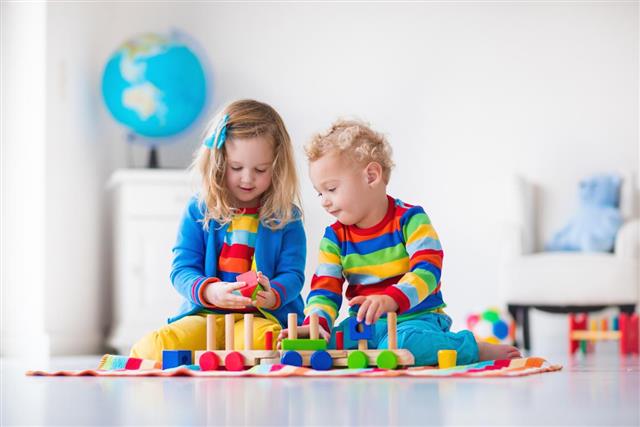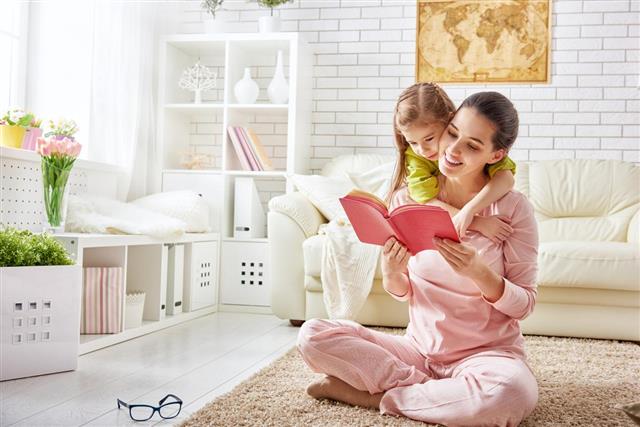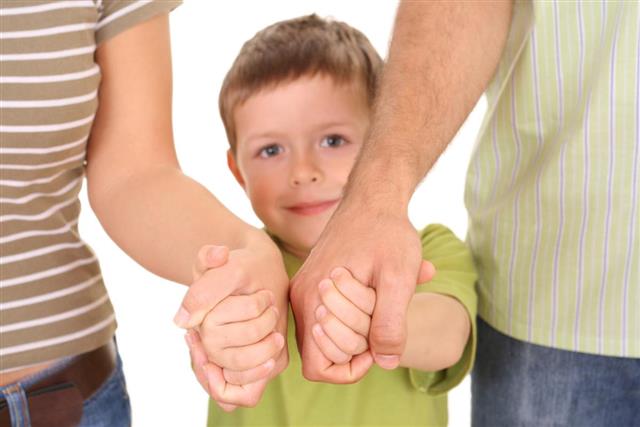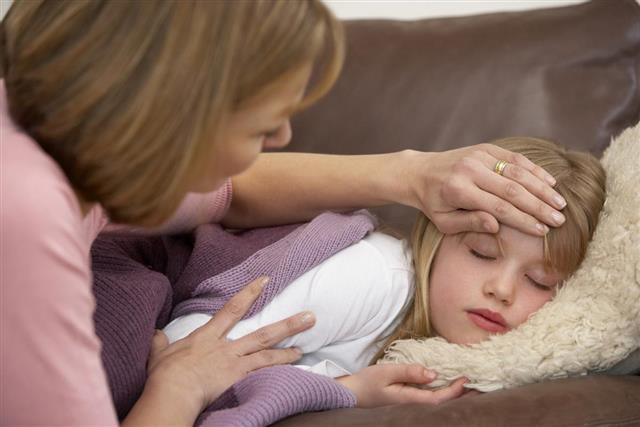
Separation with either parent can make or break the child’s future. So when the court is assigned the responsibility of taking the final call on child custody, it understands the importance of the decision and takes the matter quite seriously.
Child custody is a judgment regarding the custody of a child issued by the court of law, deciding which parent (or relative) will have the child’s physical and/or legal responsibility. When taking its decision, the court takes into consideration the report of an independent evaluation of either parent’s psychological status. It helps in determining their ability to provide proper care to the child.
At times, even the report of an independent psychological evaluation of the child is taken into consideration. Usually, this is done when the attorneys representing either parent ask for an evaluation.
Joint Custody and Sole Custody
Within the broad concept of child custody, there are two different types: (i) joint custody, wherein both parents have the legal and physical custody of the child, and (ii) sole custody, wherein only one parent has physical and legal custody.
In joint physical custody, also referred to as shared parenting, the child is allowed to reside with either parent for a significant amount of time, and therefore, it requires cooperation from both sides. It need not be an exact 50/50 split; at times, the child may be allowed to stay with the mother for a longer duration, or vice versa. The court will also take into consideration whether both parents stay closeby or not, and whether this arrangement will hamper the child’s schooling. Joint custody, however, may not be in the best interest of the child.
In sole legal custody, only one parent is given the right to make all the legal decisions about the child’s present and future; health and education included.
Child Custody Issues
When taking a decision, the court takes into consideration the following factors.
- Living conditions
- Financial stability
- Siblings
- The relationship child shares with either parent.
When the court decides about the child’s custody, most often it avoids moving the child out of the currently residing home, as leaving the house is more likely to add to his trauma. After divorce either one of the parent moves into a new house, or both do. It can be an ideal situation for the court to decide about the custody of the child when one of the parent moves out after separation, but it can turnout to be a difficult situation when both parents move.
Yet another issue the court will look into, is the stability of both parents. This will include taking into consideration their day-to-day habits, how long they have been working in the same job, etc. It is meant to ensure that the child doesn’t have to face sudden drastic changes in his life.
If the child has siblings, it is in his interest, as the court avoids separation of siblings even when parents are splitting. In most of the cases, the court decides that the child will live in the same house where his siblings live. However, there can be an exception if major differences are seen between siblings themselves.
Sometimes, it becomes difficult for the court to determine who will get the child’s custody, even after taking into consideration all these issues. In such circumstances, the court appoints a person to go to each parent’s home and review their relationship with the child. Based on the inputs provided by this person, the court takes further decision about the custody issue.
All these things are very important, as they shape the child’s future. It is definitely the most important decision of the child’s life, and hence, the court has to make sure that it is choosing what is in the best interest of the child. The court also needs to ensure that the child, who is already facing a traumatic separation of his parents, goes through a smooth transition.






